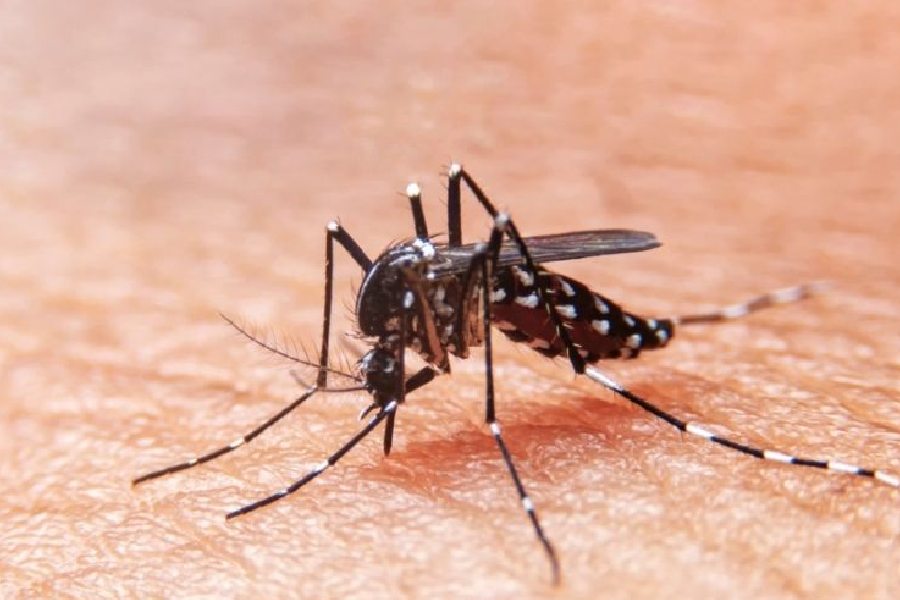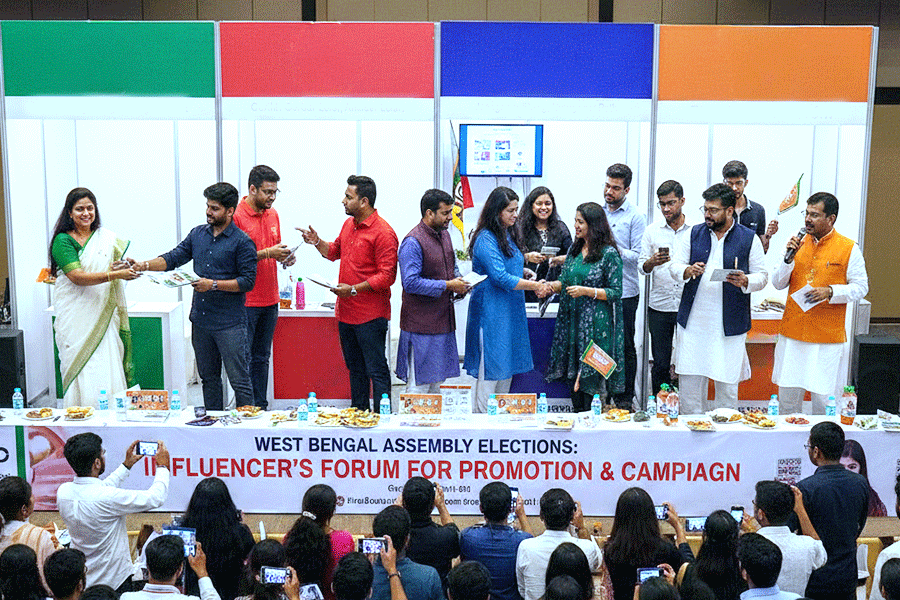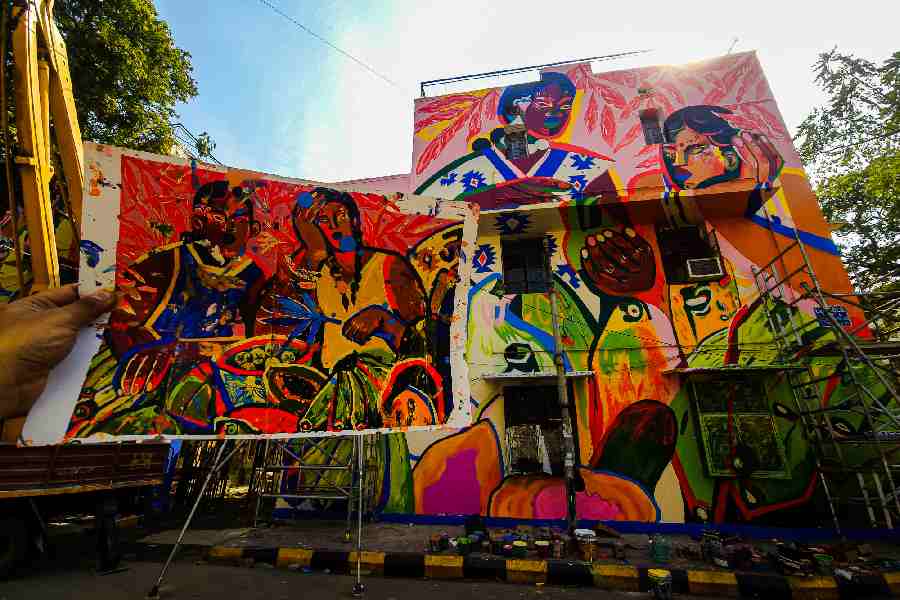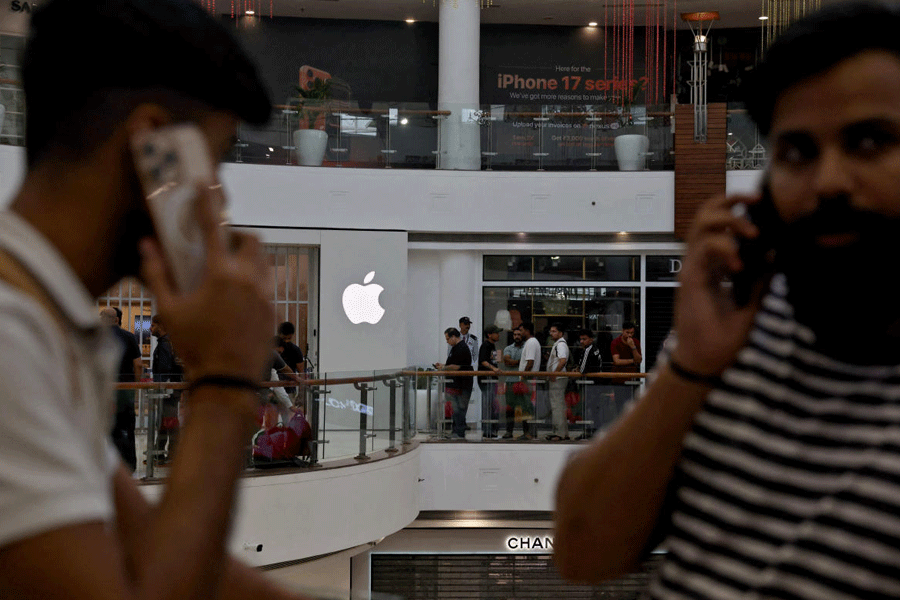More than 250 dengue cases were reported in the city in the last 30 days, according to data shared by Kolkata Municipal Corporation (KMC) officials.
A KMC official said on Sunday that 791 cases were reported till October 5.
An official told Metro last month that 509 dengue cases were reported till September 7.
“In the last weekly report (till October 5), Calcutta recorded 791 dengue cases. This is a little more than last year but way less than 2023,” added the official.
Experience of previous years shows that several dengue cases are reported till November, said officials.
“About 70 per cent of the cases were reported from south Calcutta while the rest were reported from north and central Calcutta,” said Debashis Biswas, the chief vector control officer of the KMC.
Biswas said the KMC identified some wards as vulnerable ones, based on the cases reported in the last month and also since January.
“Around 10 to 15 cases have been reported from the vulnerable wards since January. In some of the wards, a few cases were also reported in the last one month. We are focusing on these vulnerable wards so that numbers do not rise,” he said.
Some of the vulnerable wards and neighbourhoods include: 65 (Ballygunge Park Road, Palm Avenue, Old Ballygunge First Lane and Iron Side Road); 66 (parts of Topsia); 69 (Beltala slum and Ahiripukur First Lane), 79 (parts of Alipore), 58 (DC Dey Road near Active Acres); 85 (Motilal Nehru Road, Panditiya Road); 86 (Garcha First Lane); 107 (Haltu); 108 (Anandapur); 109 (parts of Mukundapur); 74 (parts of Kidderpore and Alipore); and 132 (Pathakpara Road and 10 number bustee).
Soumitro Ghosh, head of the department of medicine at Medical College Kolkata, said 95% of fever cases being treated by him are turning out to be viral infections.
“The remaining 5% of patients include those with dengue, malaria and enteric fever,” said Ghosh.
KMC officials said with rain continuing till October, there was still a possibility of fresh mosquito breeding grounds growing up.
“Small containers like cups, plates or discarded shells of green coconut can turn into breeding sites for Aedes aegypti mosquitoes,” said an official.
The official website of the World Health Organisation (WHO) mentions that “the dengue virus is transmitted to humans through the bites of infected female mosquitoes, primarily the Aedes aegypti mosquito”.











